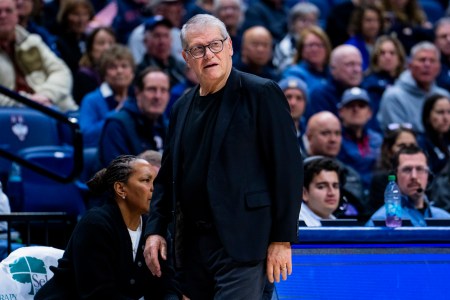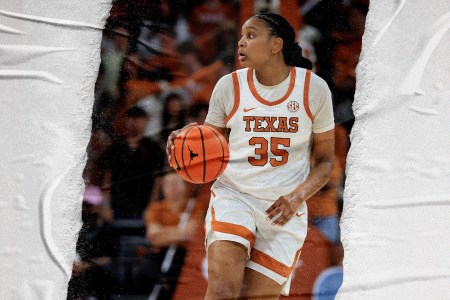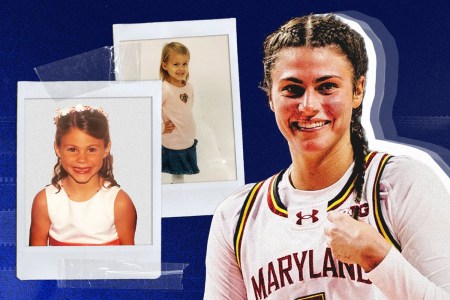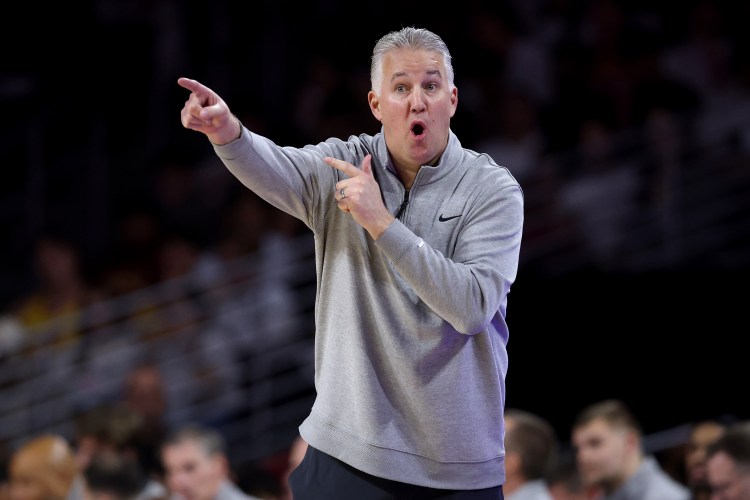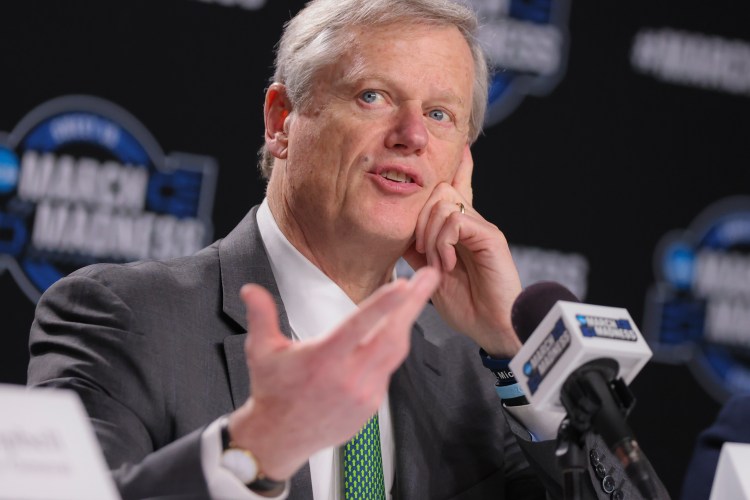To sum up Caitlin Clark’s 2024 simply in terms of basketball wouldn’t be enough. Her year on the court, from being a senior at Iowa and playing in the national title game to being drafted No. 1 overall and embarking on her WNBA career, was only a small part of her impact. Because Clark was so much more than just a figure on a court – whether she wanted to be or not.
Clark was made into a savior for a league that didn’t need saving. She was used as a tool to divide fans and for most of the year, she walked a tightrope. She answered questions without revealing too much and did her best not to take a stance. That in itself generated discourse, headlines and controversy.
Then, at the end of the year, she conducted an interview with Time Magazine in which she finally made her thoughts and feelings clear. In doing so, Clark may have alienated some fans, but she decided it was more important to stand up for her fellow players and denounce the racism and homophobia that had been wrongly launched at her peers, supposedly on her behalf. She faced some backlash, especially on her social media, but by speaking out, Clark reminded us of something important: even the most privileged among us are not immune to prejudice.
It is for all those reasons that Clark is the easy choice to be the Hoops HQ Woman of the Year.
To state the obvious, Clark is a transcendent and gifted basketball player. Her popularity was unprecedented in the women’s game. I can’t tell you how many number 22 jerseys I saw covering games across the country last season. I saw them on little boys as well as little girls. I saw them on men and women, some who had long loved women’s basketball and others who had just learned about the game. And I saw firsthand many times how Clark electrified the masses with mind-boggling performances and natural charisma.
Clark was not the first woman to shoot logo three-pointers, but no one has done it with such consistency and aplomb. When she played for Iowa, Clark had the crowd on a string, hanging on her every move. There was showmanship to the way she played and a star power to her personality. It’s a far cry from the high schooler who once said she couldn’t wait to decide on a college so that she wouldn’t have to answer any more questions. Now, she can’t get away from them.
That’s another thing that’s made watching Clark’s journey so interesting. Her stardom happened in almost an instant during the 2022-23 season, when she led Iowa to the national title game before losing to LSU. Her confrontation with Tigers forward Angel Reese at the end of that game launched it from sporting event to cultural spectacle. From her senior year in high school to her first Player of the Year campaign in 2023, Clark found a way to embrace the spotlight. She learned to answer questions with a dry sense of humor while keeping her focus on the game.
Clark was a local kid who chose to stay home and in doing so elevated her program to new heights. She won every award possible including National Player of the Year, twice. She set the all-time scoring record in college basketball and finished her career with more than 3,700 points, 1,000 assists and 850 rebounds. Her shooting was the focal point of broadcasts and highlight reels, but it was her elite vision and playmaking that made her a nightmare for opponents to guard.
Clark came into college at a time when women’s basketball was growing. As she drew in record-breaking audiences, Clark was put in an impossible position. People who had never cared about women’s basketball were suddenly talking about her. Others saw Clark, a heterosexual white woman, as a figure to change a sport heavily populated by Black and gay women. Clark didn’t ask to be a lightning rod for that conversation. She tried for a long time to simply play basketball and not address the darker side of her fanbase. But activism and the WNBA have long gone hand-in-hand. Clark knows it from years of watching her personal hero Maya Moore fight injustices. Women’s sports are still often the butt of jokes. Female athletes are condemned for how they look, act and live in a way that men are not. Because of this, simply being a woman who plays sports amounts to a statement.
When Clark acknowledged her white privilege in that Time interview and expressed a desire to shine a light on the Black players who built the WNBA, it signaled a new phase for her career. Over the course of the year, Clark came to understand that if she is going to make a real impact, she will have to pick her spots to speak out. It may not be fair, but that is the reality of being a player of her caliber during such a pivotal time in women’s basketball.
Caitlin Clark is a phenomenal basketball player who should be praised for the incredible things she does on the court. But she is the obvious choice for Hoops HQ’s Woman of the Year for reasons well beyond that. Someday – hopefully someday soon – simply being good at her sport might be enough, but in the meantime she found that she was unable to stay out of this important conversation, and maybe she didn’t want to. Clark learned that despite all the negative comments, she has the ability to use her remarkable skills towards a greater good, to open eyes and change minds.
Women’s basketball, both in college and the WNBA, has come a long way, but it still has farther to go. Clark can help move it forward.



